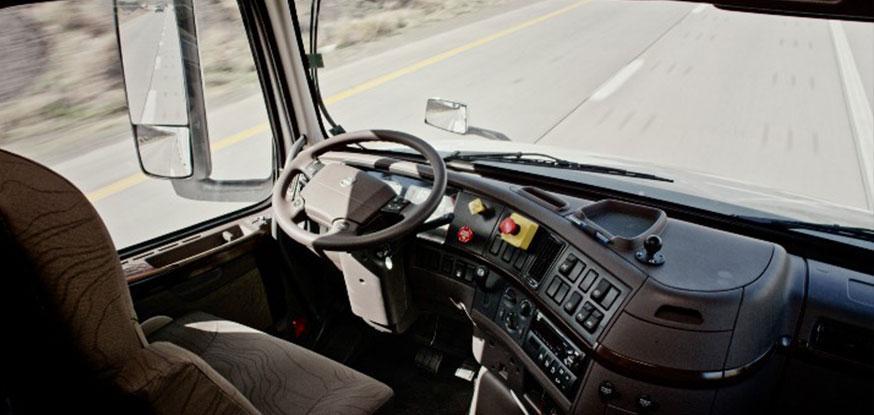Government officials in Japan have announced its intentions to commercially deploy self-driving trucks by 2022. It's the country latest attempt to breathe new life into its ailing corporate sector. In addition to this, it further disclosed its plans to finalize the strategy to enable package delivery by drones by 2020.
Japan's government has signaled its intent to encourage more widespread use of Big Data and AI (Artificial Intelligence) in order to help diagnose medical conditions according to reports emerging from the country. A source close to the government, who declined to be named, declared that Japan's new initiative centered on five key areas. He said, "The priorities are improving life expectancy, revolutionizing transport, modernizing supply chains, improving infrastructure and using financial technology."
It has been speculated that the government plans to ease regulations for some firms on a temporary basis - using what is known as a ‘regulatory sandbox' which ultimately enables companies to test new technologies off the bat - free of the normal burdens imposed by regulation. The move to drones and autonomous vehicles is urgent for Japan, because its workforce has shrunk dramatically enough to force companies to start scaling back operations.
Japan's largest parcel shipper, Yamato Holdings Co, left consumers in the country stunned following its revelation that it was proposing to cut delivery volumes and raise the prices because it simply did not have enough workers. Government authorities tasked with the responsibility of reviving the corporate sector are wedging their bets on financial technology as a key source of future growth. However, thus far Japan has been left behind when compared with overseas firms that have adopted technology in order to transform processes such as payments, asset management, investment banking and lending.
Prime Minister Shinzo Abe introduced a whole series of new policies last year which were designed to narrow a widening wealth gap, improve employee's working conditions and boost productivity. The government is also weighing up a plan to trial free schooling for low-income households - but has thus far delayed a decision on funding it until later this year.

